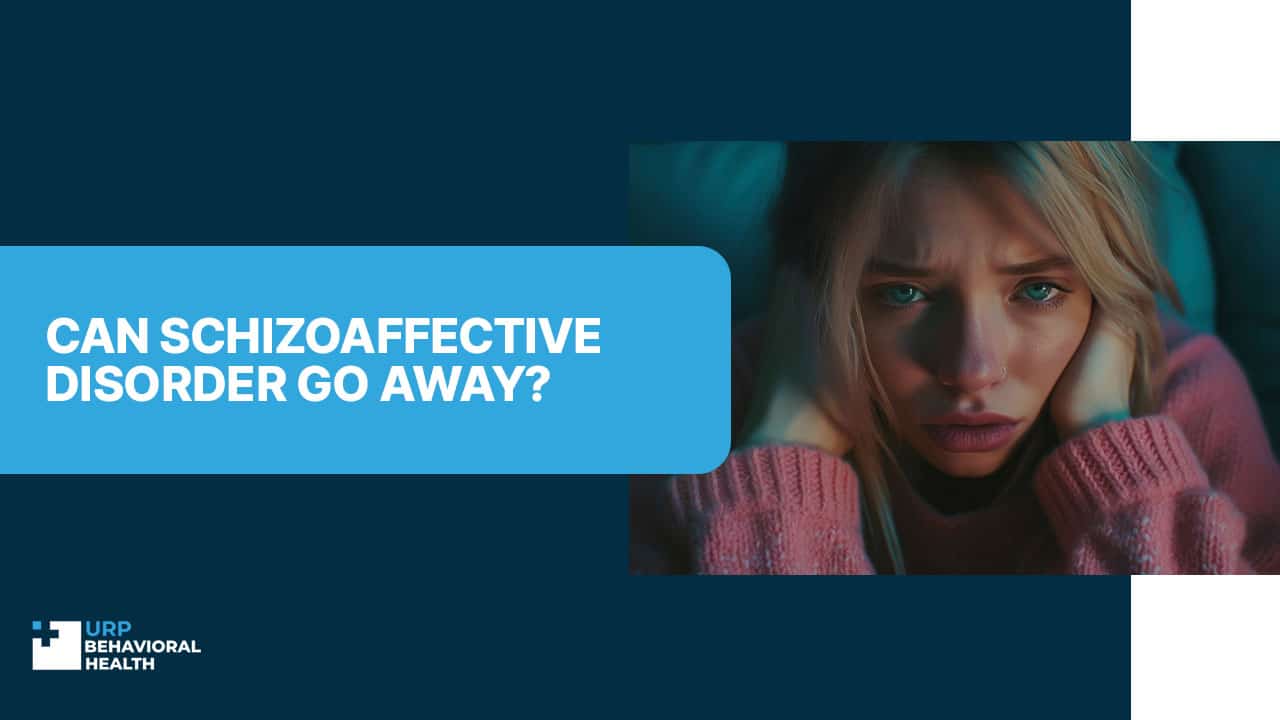
Can Schizoaffective Disorder Go Away?
Schizophrenia could be a complex brain clutter that regularly meddling with recognizing between the genuine and stunning, considering clearly, managing with feelings, communicating with others, and working ordinarily.
Recognizing the signs of schizophrenia in yourself or a adored one can be genuinely startling. But with the correct treatment and self-help, you’ll be able oversee the clutter and lead a satisfying life.
Can Schizoaffective Disorder Be Cured?
Regularly the stages of schizophrenia are verbose in nature, so periods of reduction are an perfect time to utilize adapting methodologies to diminish the length and recurrence of any future scenes. Beside continuous back, medicine utilize, and treatment, numerous schizophrenia patients oversee the side effects of the clutter, work regularly, and appreciate a satisfying life.
No matter how baffling a conclusion of schizophrenia may be, disregarding the issue will not make it go absent. Treatment with an experienced mental wellbeing proficient is vital to recuperation and ought to be begun as before long as conceivable. At the same time, it is vital not to succumb to the freeze related with the common belief that you just cannot be cured. In spite of the fact that schizophrenia may be a constant sickness, numerous fears around the clutter have no basis in reality. Most individuals with schizophrenia get superior over time. Treatment strategies are always progressing – nowadays there are tons of ways to manage with this clutter.
The most effective treatment strategy for schizophrenia involves a combination of medications, therapy, lifestyle changes, and social support. Because schizophrenia requires long-term treatment, most patients need to continue treatment even when they are feeling better to prevent new attacks and get rid of symptoms. Related medications reduce psychotic signs such as hallucinations, delusions, paranoia, and thought disorder. In many ways, finding the right medication and dosage is a trial and error process, individualized for each patient.
Therapy helps the patient improve their perception of life, cope with stress, resolve relationship problems and improve social communication. Group therapy sessions allow you to learn how other patients overcome similar difficulties.
Patient self-help plays an important role in coping with schizophrenia. The more you do to help yourself, the less hopeless and helpless you feel. Here are a few ways of self-help activities that have a favorable effect on the treatment of schizophrenia.
Does Schizoaffective Worsen If Left Untreated?
In the absence of adequate treatment, the schizophrenic defect gradually develops with disintegration of logical thinking, impoverishment of emotions, total apathy and persistent psychomotor disorders.
Progressive schizophrenia leads to irreversible personality changes and severe mental disability, during exacerbations the patient can be dangerous to himself and others. Isolation and maladaptation of patients leads to a decrease in life expectancy by 10-15 years; patients with schizophrenia are particularly vulnerable during emergencies and social crises.
Our team will verify your insurance and design a plan tailored to your needs.
Recovery
Social support. Standard face-to-face interaction with others is the foremost compelling way to calm the anxious framework and soothe push. Remain in touch with others whereas proceeding your work or instruction. In case this isn’t conceivable, consider volunteering, enlisting in classes or joining a club to spend time with individuals who share common interface.
Combat stress. Tall levels of stretch are thought to trigger schizophrenia assaults by expanding the body’s generation of the hormone cortisol. In expansion to keeping up social associations, there are numerous ways to decrease pushlevels. Attempt normal work out, unwinding, yoga, profound breathing or contemplation. These works out can offer assistance decrease side effects of schizophrenia, move forward concentration and vitality, and feel calmer.
Healthy sleep. When taking medication, you need to sleep even more than the standard 8 hours. Although many people with schizophrenia have trouble sleeping, regular exercise and avoiding caffeine can help.
Avoiding bad habits. Avoid alcohol, drugs, and nicotine, as substance abuse makes schizophrenia treatment more difficult and worsens symptoms.
Proper nutrition. Eat nutritious foods on a regular basis to minimize symptoms exacerbated by changes in blood sugar levels. Consuming fatty fish, fish oil, walnuts, and flax seeds can help improve concentration, relieve fatigue, and balance mood.
Can Schizoaffective Go Away on its Own
Schizoaffective disorder must be treated and this is proven by numerous studies by National Center for Biotechnology Information [1].
Sometimes it can be difficult to accept that this is happening, and many people are tempted to wait and see if the problem goes away on its own. However, this usually does not happen, and neither the person nor their family can get rid of their symptoms through willpower or discussion.
Treatment Options
After the acute psychosis is relieved, treatment of schizophrenia is carried out on an outpatient basis — the patient takes medications according to the schedule, undergoes check-ups with a psychiatrist and psychotherapy sessions. High-quality outpatient treatment and supervision of schizophrenia prolongs remission, improves adaptive skills and socialization of patients.
Does schizoaffective disorded go away over time? No. Based on different studies, like this one [2], he final stage of inpatient treatment is the selection of supportive therapy, which will contribute to the complete withdrawal of the person from the painful state, keep him or her normal and prevent possible exacerbations. Unlike many other areas of health, in psychiatry, with the exception of certain diseases, it is not possible to “go to the hospital once or twice a year” for the purpose of prevention. Supportive therapy is a process that must be continuous, otherwise it can lead to a significant deterioration of the condition.
URP Behavioral Health is here to support you within your healing journey. Contact us and we’ll make sure you get the information, support and resources you need to make informed decisions about your care.
Contact our admissions team now to begin your path toward a brighter future.
References:
- Treatment of Schizoaffective Disorder (2009)
https://pmc.ncbi.nlm.nih.gov/articles/PMC2719459/ - Treatment of schizoaffective disorder and schizophrenia with mood symptoms (1999)
https://pubmed.ncbi.nlm.nih.gov/10450252/
















